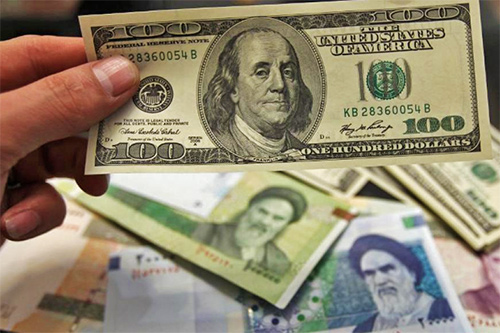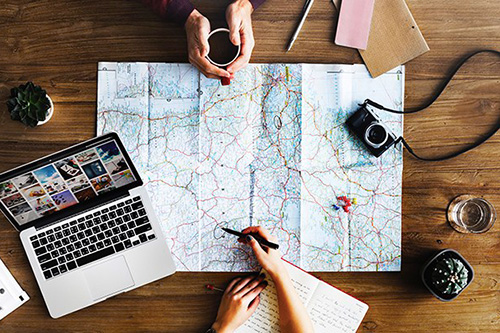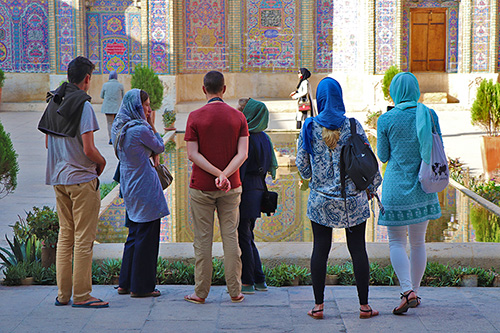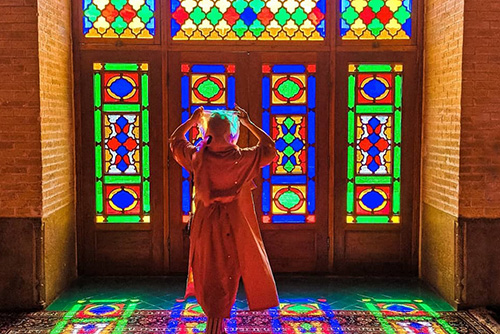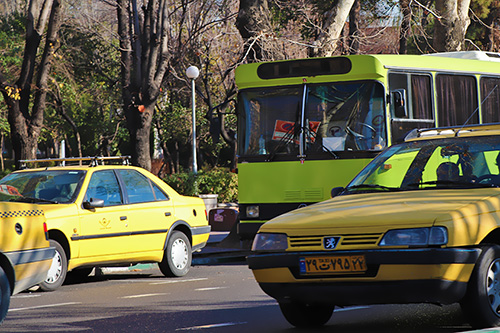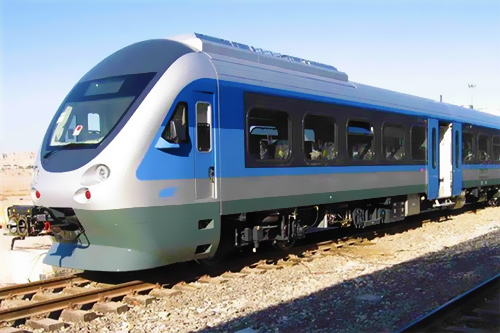 Signin with Google
Signin with Google Signin with Facebook
Signin with Facebook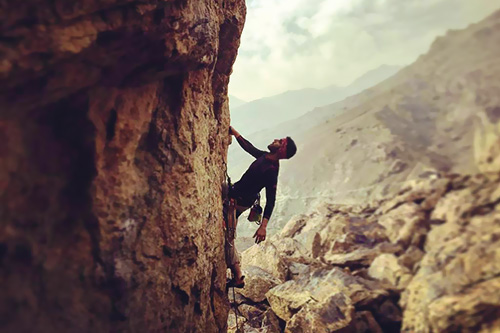 Survival Tips
Survival TipsTraveling to Iran during Ramadan
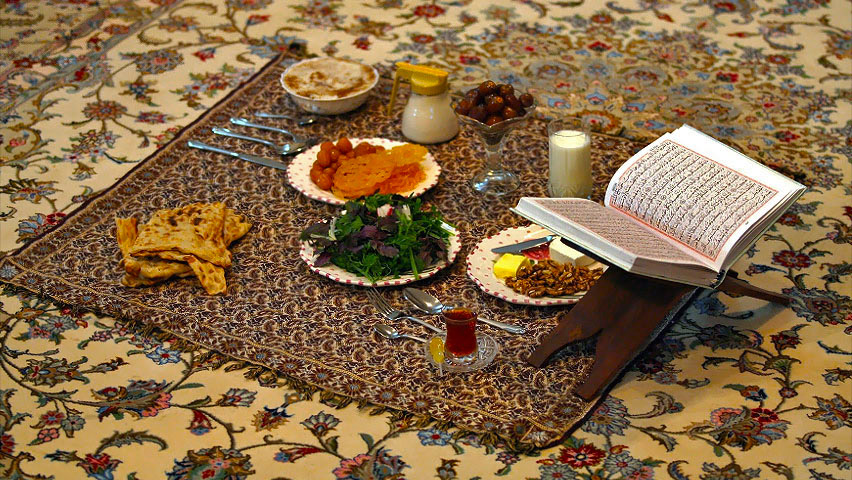
Many travellers wonder whether it is complicated to travel in Iran during Ramadan and if it is better to postpone their trip. Actually, travelling to Iran during the holy month of Ramadan presents no complications and can, on the contrary, offers interesting and unique events to participate in.
What and when is Ramadan?
Fasting during Ramadan is one of the five pillars of Islam and, thus, is observed by Muslims all over the world. It commemorates the revelation of the Quran, the holy book of Muslims, to the prophet Muhammad. The precise beginning date changes every year to coincide with the ninth month of the lunar Islamic calendar. In 2020, Ramadan should start around the 23rd of April and last about 29-30 days. During this period of time, believers fast from dawn until sunset: they do not consume any food, drinks, nor do they smoke, as well as they refrain from any behaviour which could be considered as a sin.
Where to eat during the day?
Iran is the Islamic Republic with a large Muslim population, Ramadan is well-observed. Non-muslims are expected to follow the custom, out of respect, by not consuming foods and drinks in public. However, some people are exempted from this rule, among which travellers! Grocery stores and supermarkets remain open during the day, so it's easy to find something to eat or drink. Some restaurants might only be opened at night though. However, in most big cities, they stay open during the day to welcome foreign tourists. Simply keep in mind that you are perfectly allowed to consume foods and drinks, and just do your best to respect other's people fasting by not eating in front of them.
Visiting and travelling through Iran during Ramadan
Taking place during spring, the holy month has one of the best weather to travel through Iran. So as well as most restaurants in big cities stay open for tourists, all tourist sights and attractions remain open too. Just be careful about the opening hours which might slightly change. Regarding travelling by bus, train or plane, there is no substantial difference during this period of the year.
The traditional Iranian meals of Ramadan
Don't get it wrong: Because people are fasting during the day, doesn't mean they avoid food for a month! The real feast starts right after sunset when families gather to enjoy this special moment altogether. The first major meal is called "Iftar", which is the break of the fast. It usually includes fresh tasty bread, "Ash Reshteh" (a kind of nourishing soup), and "Halim" (an Iranian meat porridge).
Aside from that, Iranian families garnish their tables with many delicacies to celebrate this joyful moment: dates, "Halva", "Sholeh Zard" (a sweet rice pudding), "Zulbia Bamieh" (a fried doughnut with saffron and rose water), of course, accompanied with Persian tea. Before the first lights of dawn take place another important meal, called "Sahari" is mainly considered as a light breakfast. As for Iftar, it's a copious meal, often including meat, which varies from one family to another. Each region also has its special treats, so don't miss tasting them during your trip!
The buzzing nightlife of Ramadan
As days are quieter during Ramadan, there is an increasing enthusiasm at night and the streets quickly get crowded. Cafes and restaurants stay open late, as people go out to enjoy themselves in malls and parks. In the Iranian capital, a whole street is closed every night, to serve food on a large "sofreh" (tablecloth), around which all passerby can sit and share the meal. For the occasion, all movie theatres in Tehran also stay open until an hour before dawn, as a reflection of the vibrant nightlife during Ramadan. Everywhere in Iran, there is also a tradition called "Nazri" and that can be observed at the mosques, during which locals prepare food to offer it to poor people in the evenings.
The local customs of Ramadan in Iran
There are some specific traditions proper to some provinces and cities which can be observed during Ramadan. In Mazandaran, for instance, people start fasting three days in advance, and they hold a special religious ceremony daily, just before Iftar. In Shiraz, the last Friday of Ramadan is known as "Jomeh Alwedaii". For this occasion, people gather at the mosque with the hope of fulfilling their important wishes. On this day, pregnant women come to the mosque to sew the first cloth of their future child in order to bring him or her luck. Finally, among Turkmen minorities of the northeast, some villagers observe a ceremony at half of the month. Groups of men follow a clergyman through the streets while singing a song to encourage people to pursue their fasting. They knock on the villager's doors and collect goods which then, will be redistributed to poor people.
As you can see, the holy month of Ramadan is all about sharing and embracing life. It's a joyful moment during which Iranian families gather around delicious meals and go out all night long. That's why travelling to Iran during Ramadan is such a unique and authentic experience.
Video: Ramadan in Tehran
